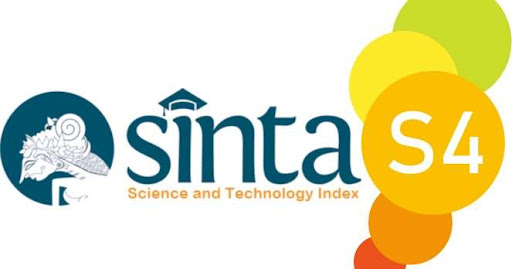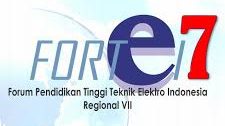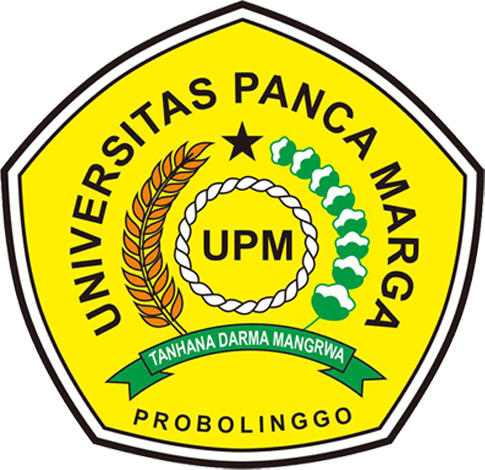Publication Ethics
ENERGY JOURNAL: Scientific Journal of Engineering Sciences establishes scientific publication ethics in its publishing process, referring to the Committee on Publication Ethics (COPE) to maintain manuscript quality and avoid publication violations/plagiarism. These ethical guidelines apply to authors, editors, reviewers, and journal managers.
Author Ethics
-
Reporting: Authors must present information regarding the community service process and outcomes to the editorial board honestly, clearly, and thoroughly, and must securely store the service data.
-
Originality and Plagiarism: Authors must ensure that submitted manuscripts are original, written by the authors themselves, and based on actual community service results—not copied from others. Authors are strictly prohibited from misattributing quoted references.
-
Duplicate Submission: Authors must confirm that the submitted manuscript has not been sent to or published in another journal or publication. If redundancy in submission is found, the editorial team will reject the manuscript.
-
Author Status: Authors must inform the editorial team that they possess competence or qualifications in a specific field that aligns with the journal’s subject matter. Authors must state their affiliation (institution). The author who submits the manuscript must be the first author (or corresponding author) to ensure that any publishing issues can be addressed promptly.
-
Manuscript Errors: Authors must promptly inform the editorial board of any errors found in the manuscript, whether during the review or editing process. These errors include names, affiliations, citations, or other content that may impact the manuscript’s meaning and substance. Authors must propose necessary corrections.
-
Disclosure of Conflicts of Interest: Authors must understand and comply with the publication ethics above to avoid potential conflicts of interest with other parties, ensuring a smooth and secure publishing process.
Editor Ethics
-
Publication Decisions: Editors must ensure the manuscript review process is thorough, transparent, objective, fair, and wise. These principles guide editors in deciding whether to accept or reject a manuscript. The editorial board serves as the manuscript selection team.
-
Publication Information: Editors must ensure that the author guidelines and information relevant to stakeholders are clearly accessible, both in print and digital formats.
-
Peer-Review Assignment: Editors must ensure appropriate assignment of reviewers and materials, and clearly communicate the manuscript review guidelines and process to reviewers.
-
Objectivity and Neutrality: Editors must remain objective, neutral, and honest when editing manuscripts, without discrimination based on gender, business interests, ethnicity, religion, race, group affiliation, or nationality.
-
Confidentiality: Editors must maintain strict confidentiality, especially regarding authors’ privacy and manuscript distribution.
-
Disclosure of Conflicts of Interest: Editors must comply with the aforementioned ethics to avoid conflicts of interest, ensuring a smooth and secure publication process.
Reviewer Ethics
-
Objectivity and Neutrality: Reviewers must be honest, objective, unbiased, independent, and solely committed to scientific truth. Reviews must be conducted professionally without discrimination based on gender, business interests, ethnicity, religion, race, group affiliation, or nationality.
-
Clarity of References: Reviewers must ensure all references and citations used in the manuscript are appropriate and credible. If discrepancies or issues are found, reviewers must inform the editorial board so authors can correct the issues based on reviewer notes.
-
Peer-Review Timeliness: Reviewers must respond to review requests and complete the peer-review within the designated time (maximum of two weeks). If additional time is needed, the reviewer must promptly notify the editorial office.
-
Disclosure of Conflicts of Interest: Reviewers must understand and comply with the publication ethics above to avoid conflicts of interest with other parties, ensuring a smooth and secure publication process.
Journal Manager Ethics
-
Decision-Making: Journal managers or the editorial board must articulate the organization’s mission and objectives, particularly in determining journal policy and publishing decisions without conflict of interest.
-
Independence: Journal managers must allow editors and reviewers the freedom to work in a supportive environment and respect author privacy.
-
Assurance and Promotion: Journal managers must protect intellectual property rights (copyright), ensure financial transparency regarding third-party funds, and actively promote published works to the public, ensuring usefulness and accessibility.
-
Disclosure of Conflicts of Interest: Journal managers must comply with the publication ethics above to prevent conflicts of interest, ensuring a smooth and proper publishing process.






1.png)







